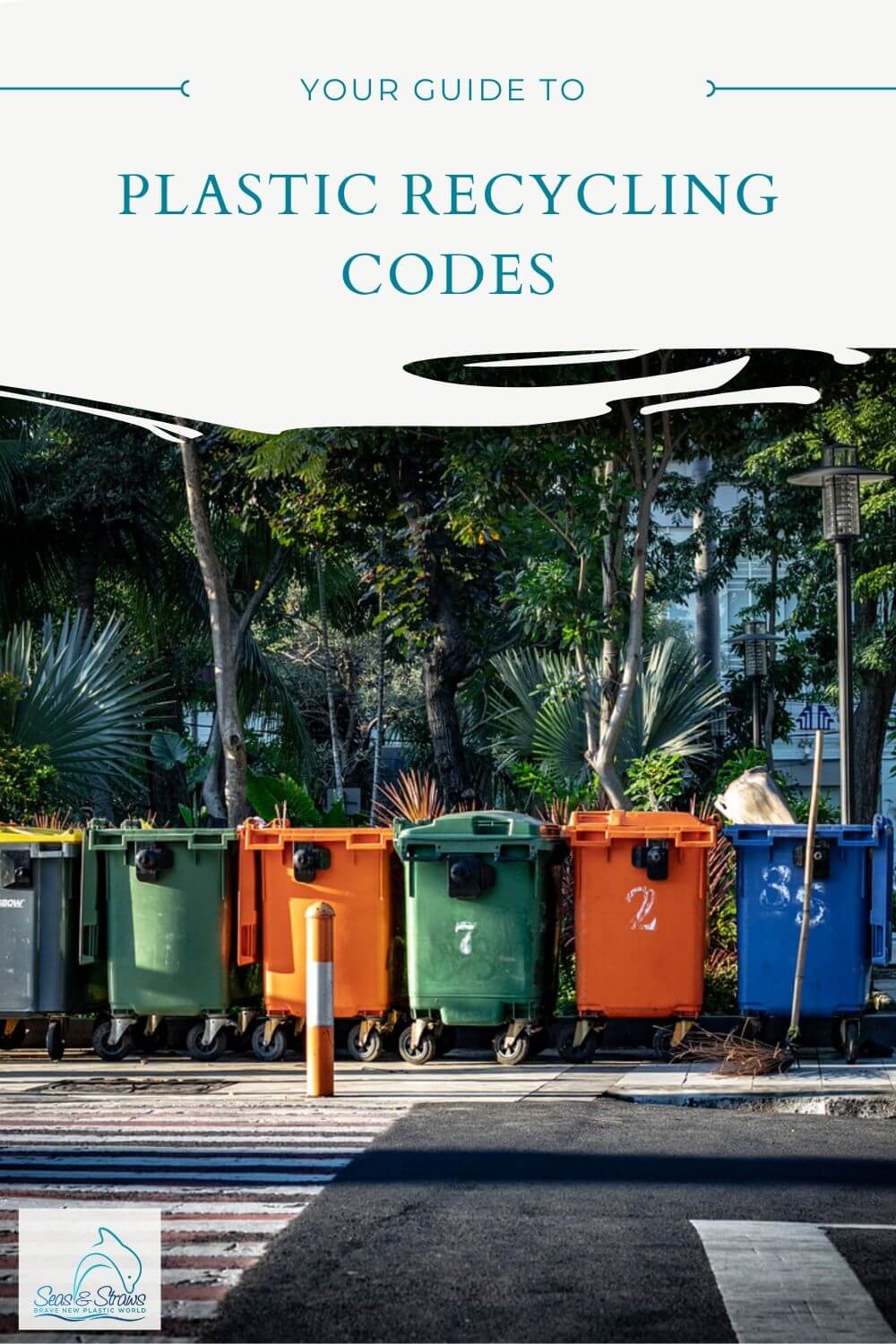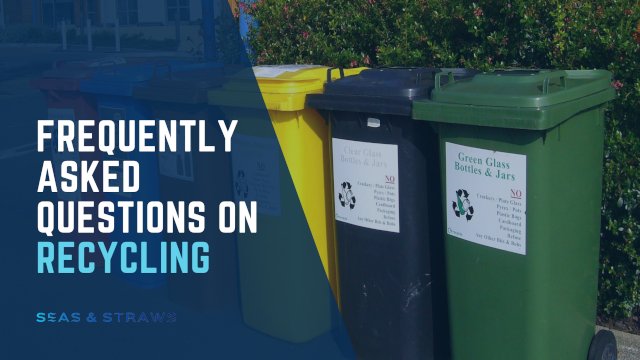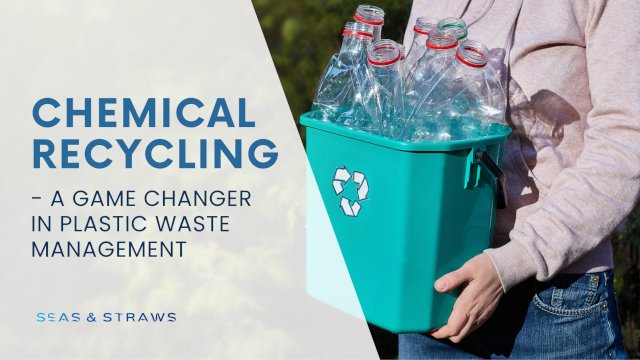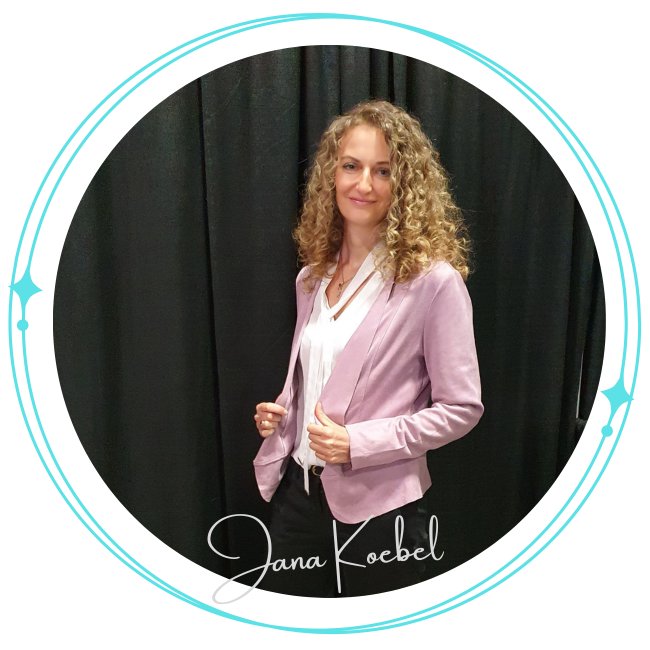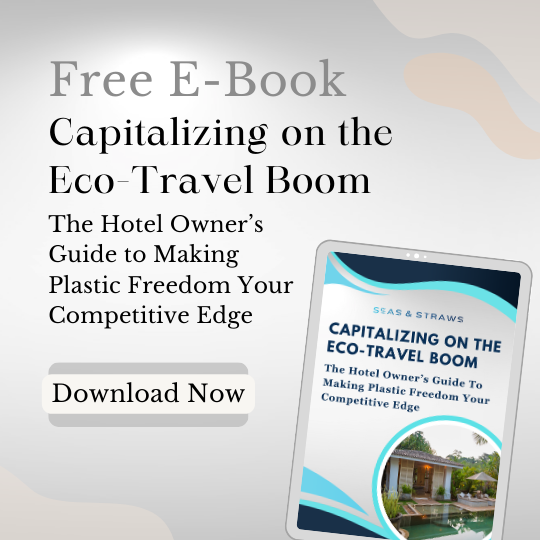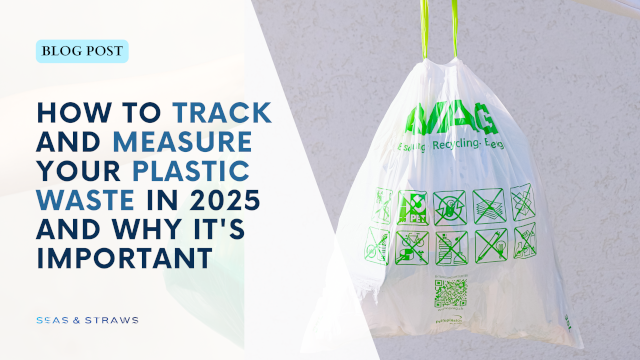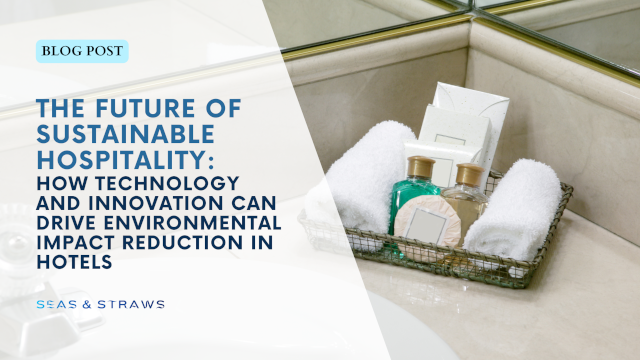- Home
- Plastic at Home
- Plastic Recycling Codes
- Recycling
What is Recycling - How It Works and Why It Matters
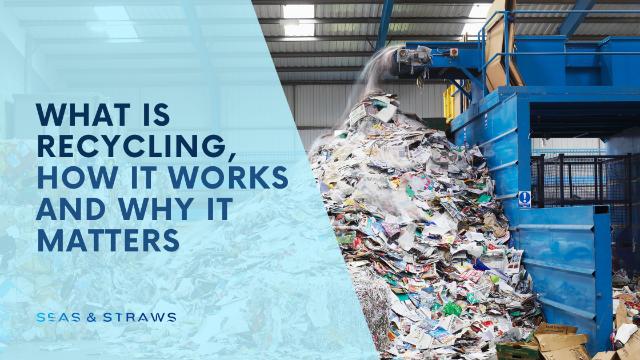
In today's world, consumption is king. We buy, we use, and then we discard. But what happens to all that "stuff" we throw away? Unfortunately, a significant portion ends up in landfills, creating a growing environmental crisis. This is where recycling steps in, offering a lifeline to our planet by giving discarded materials a new lease on life.
What is Recycling?
Recycling is the process of collecting and processing waste materials that would otherwise be disposed of in landfills. These materials are then transformed into usable components for the creation of new products.
A plastic bottle, instead of lingering in a landfill for hundreds of years, can be recycled into fleece clothing, a new bottle, or even playground equipment. Recycling conserves natural resources, reduces pollution, and helps create a cleaner and healthier planet.
Different Types of Recycling
Recycling isn't a one-size-fits-all solution. Different materials require specific processes to ensure their successful transformation into new products. Here are the different types of recycling:
1. Mechanical Recycling
This is the most widely used method, where materials like paper, plastic, and metal are sorted, cleaned, and broken down into smaller pieces. These pieces are then melted, molded, or pulped and transformed into entirely new products. For instance, recycled aluminum cans can become bicycles, and old newspapers can be reborn as cardboard boxes.
2. Chemical Recycling
This is a more complex process used for specific types of plastic that are difficult to mechanically recycle. Chemical recycling breaks down the plastic on a molecular level, essentially turning it back into its base components. These components can then be used to create entirely new plastic products.
3. Energy Recovery
This type of recycling converts the energy potential stored in waste and converts it into usable forms like heat, electricity, or even fuel. Energy recovery is not technically recycling, but it can be a good way to dispose of waste that cannot be recycled otherwise.
4. Composting
This isn't technically recycling, but it's an important waste management technique. Food scraps and yard waste are broken down by microorganisms into nutrient-rich compost, which can then be used to fertilize soil. Composting reduces the amount of organic waste sent to landfills, where it decomposes and releases methane, a potent greenhouse gas.
How Does Recycling Work?
Recycling isn't just tossing your plastic bottle in a bin – it's a multi-step process that transforms waste into valuable resources. Here's a breakdown of the typical recycling system:
1. Collection
Curbside Pickup: This is the most common method. Recyclables are placed in designated bins and collected from homes and businesses on scheduled days. Depending on the location, there might be separate bins for different materials (paper, plastic, metal, glass) or a single bin for commingled recyclables (all recyclables together).
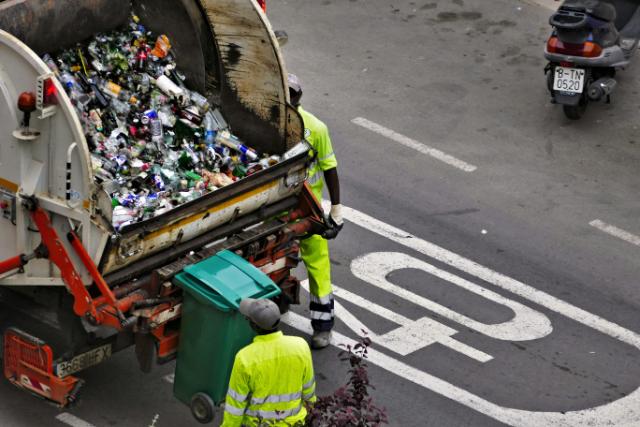
Drop-off Centers: These are centralized locations where people can bring their recyclables to be sorted and processed. Drop-off centers often accept a wider variety of materials than curbside pickup, including electronics, hazardous waste, or specific types of plastic.
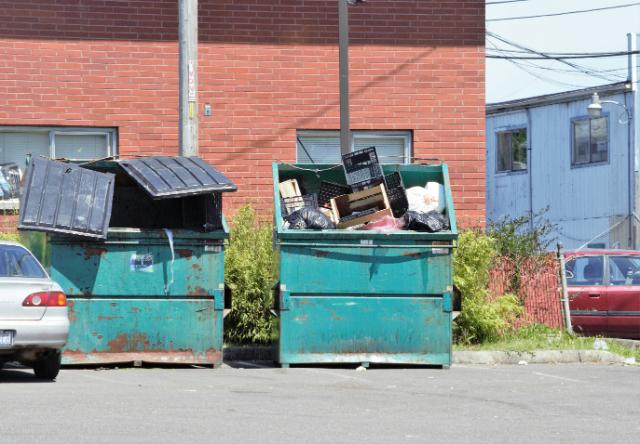
Deposit-Return Programs: These programs incentivize recycling by placing a deposit on beverage containers (bottles, cans) that's refunded upon their return to designated collection points. This system encourages responsible recycling and ensures a high return rate for specific materials.
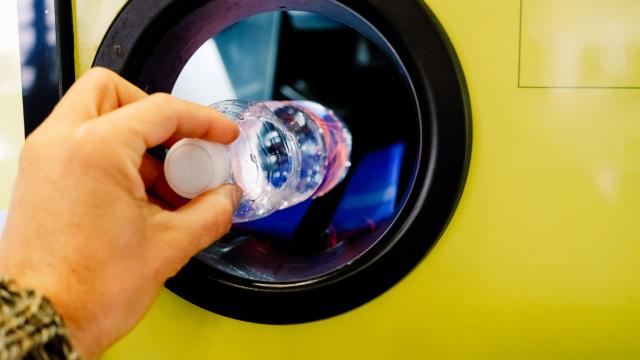
2. Sorting and Processing
Material Recovery Facilities (MRFs): These are high-tech facilities where collected recyclables are sorted and processed. MRFs utilize a combination of manual sorting by workers and automated sorting technologies like conveyor belts with magnets for ferrous metals or optical scanners that identify different plastic types based on their chemical composition.
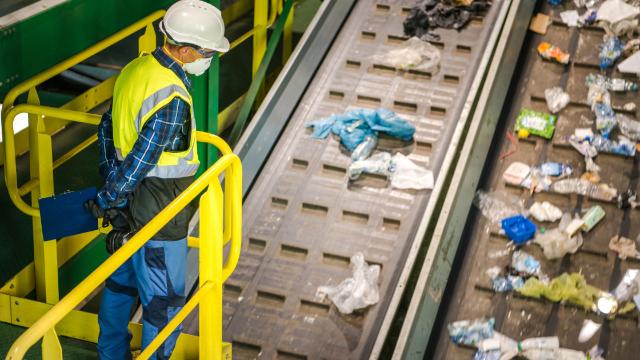
Contamination Control: One of the biggest challenges in recycling is contamination. Non-recyclable materials like food scraps or plastic bags can disrupt the sorting process and render a whole batch unusable. Public education and clear labeling are crucial to minimizing contamination.
Baling and Transportation: Once sorted, recyclables are compressed into large bales for easier transportation to recycling plants.
3. Manufacturing
This stage is where the magic happens – sorted recyclables are reborn into brand new products through the specific processes we’ve mentioned earlier.
An ideal recycling system strives for a "circular economy" where materials are continuously cycled back into new products, minimizing waste and reliance on virgin resources. Consumers play a vital role by choosing products with recycled content, thus supporting the demand and economic viability of recycling.
The Importance of Recycling
Recycling is more than just a feel-good practice; it's a crucial step towards a more sustainable future. Here's why it matters:
1. Conserves Natural Resources
Manufacturing new products from scratch often requires extracting virgin resources like trees for paper or metals from mines. This process not only disrupts ecosystems but also depletes these finite reserves at an alarming rate. Recycling reduces this demand, protecting our natural resources for future generations.
2. Reduces Pollution
Extracting and processing raw materials generates significant air and water pollution through the release of harmful chemicals and dust. Recycling uses less energy and minimizes pollution compared to virgin material production.
3. Saves Energy
Consider the substantial energy expenditure involved in the production of paper – from felling trees to transportation to processing facilities. Recycling often requires less energy than creating new products from scratch. For example, making aluminum from recycled materials uses 95% less energy than using virgin aluminum.
4. Reduces Landfill Waste
Landfills are overflowing, taking up valuable space and potentially leaching harmful chemicals into the environment. The leaching of harmful chemicals from landfills into the surrounding soil and water poses a significant risk of resource contamination. Recycling diverts waste from landfills, extending their lifespan and reducing the need for new ones.
Recycling isn't a magic bullet, but it's a powerful tool to achieve our goal of a sustainable future. By integrating recycling practices into our daily routines, we actively contribute to a healthier planet.
The next time you're discarding something, remember: it might not be trash – it could be a valuable resource waiting for its second chance. Let's all become responsible recyclers and give our planet the gift of a fresh start.
References:
